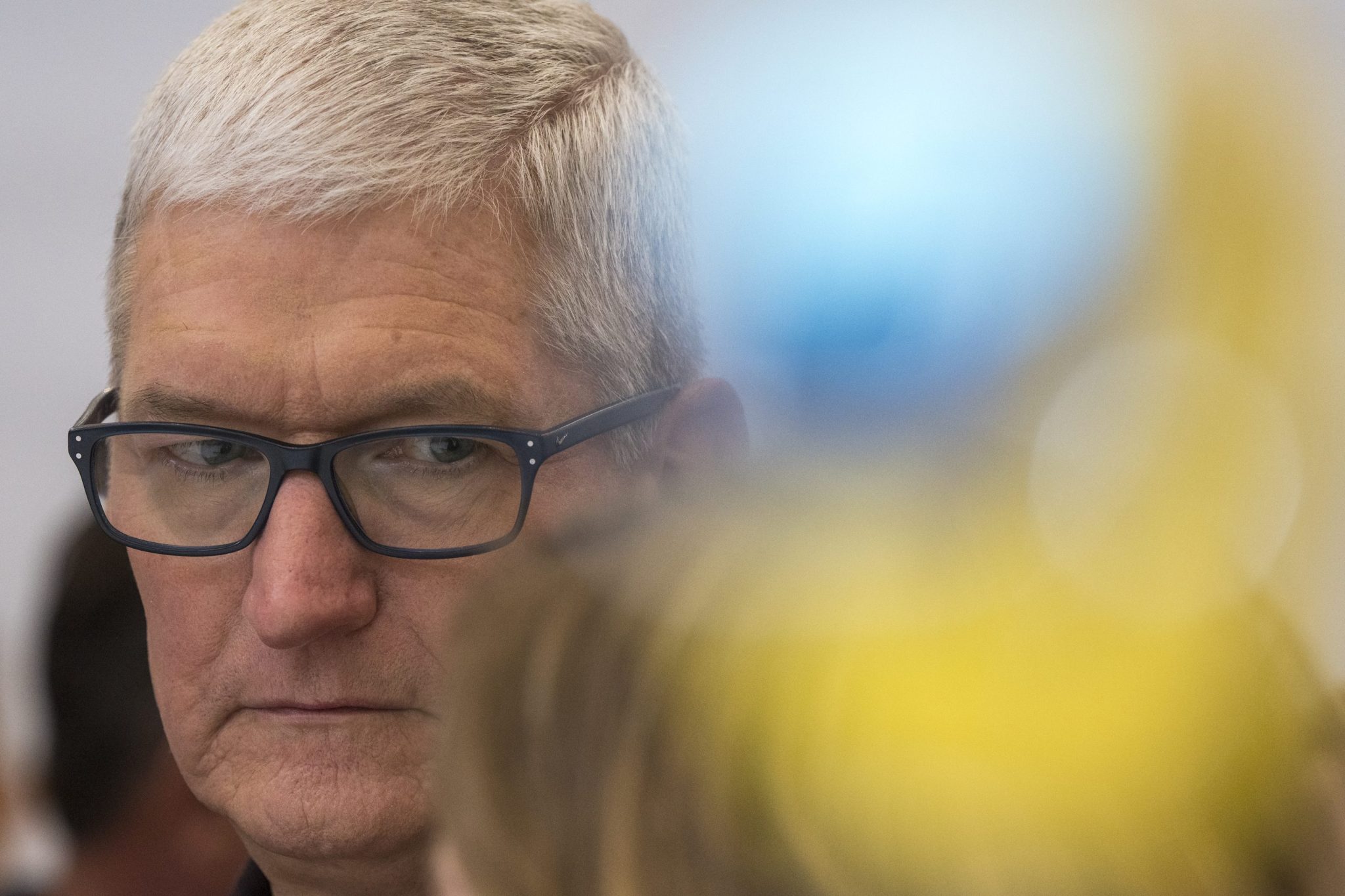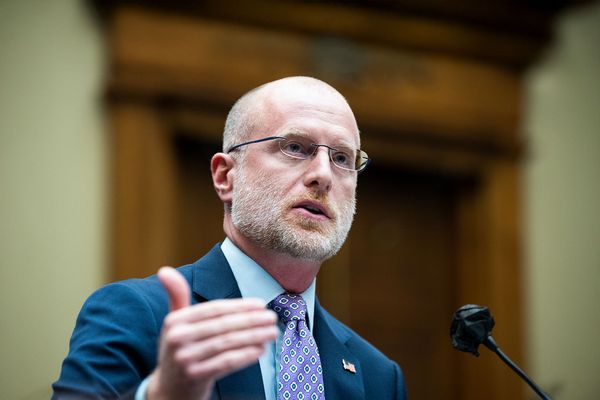
A manager at Apple, one of the most privacy-focused companies in Silicon Valley, is accusing his employer of keeping tabs on its employees through their personal devices.
Amar Bhakta, a manager of digital ad tech and operations at Apple, alleged in a lawsuit filed in California state court Sunday that the company requires employees to give up their right to personal privacy when they work there.
Employees must use an Apple device, such as an iPhone, for work, but because any Apple device the company issues to employees can’t be used for personal reasons, many opt to use a personal Apple device, the lawsuit claims. Yet because these personal devices are used for work, the tech company, which has made privacy a key part of its messaging, allegedly claims broad permissions to “access, search, and use all of its employees’ data—including their personal data,” on the personal devices, according to a press release.
Apart from it being impractical to carry around two phones, even if employees were to choose to use a phone issued by the company, the Apple-owned device would still record the employees’ location, among other personal details, the lawsuit claims.
Employees who use their personal devices for work often use their personal iCloud accounts because Apple allows only one iCloud account per device. Apple can then use the iCloud account on a personal device that an employee uses for work to access their personal data and that of any devices synced to that iCloud account, which could include devices owned by an employee’s family, the lawsuit alleges.
Apple also requires employees to agree it “can engage in physical, video, and electronic surveillance of them,” and that it can search an employee’s Apple and non-Apple devices while they are on “company premises,” which according to one Apple policy, can include their home offices, according to the lawsuit.
“For Apple’s employees, the Apple ecosystem is not a walled garden. It is a prison yard. A panopticon where employees, both on and off duty, are ever subject to Apple’s all-seeing eye,” the lawsuit reads.
The lawsuit also alleges that through its employee policies, Apple prevents employees from discussing “compensation” and “training” against California law and prevents them from accepting speaking engagements that relate to Apple’s business without company approval. Because of this policy, Bhakta was not allowed to accept speaking engagements on digital advertising, which harmed his job prospects, the lawsuit claims. It also made him edit his LinkedIn to remove some information about his position at Apple.
The lawsuit also alleges that under its equity plans and agreements, Apple illegally claims the right to claw back vested stock that an employee has earned if they disclose any confidential information or breach an agreement with the company.
“It’s disappointing that Apple, whose ethos is privacy and confidentiality, would try to monitor and censor me,” said Bhakta in a press release. “That hurts my ability to advance professionally. I hope this complaint causes Apple to change their approach to monitoring employees outside of work and reminds employees that they have the power to stand up too.”
Apple did not immediately respond to Fortune’s request for comment. In a statement to Semafor, an Apple spokesperson said the company disagreed with the claims in the lawsuit and added, “Every employee has the right to discuss their wages, hours, and working conditions, and this is part of our business conduct policy, which all employees are trained on annually.”







